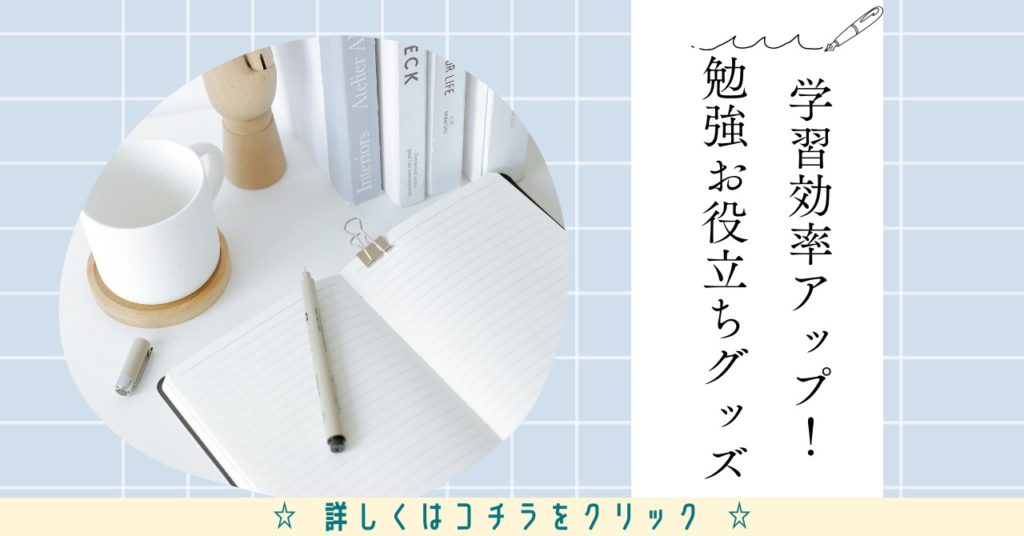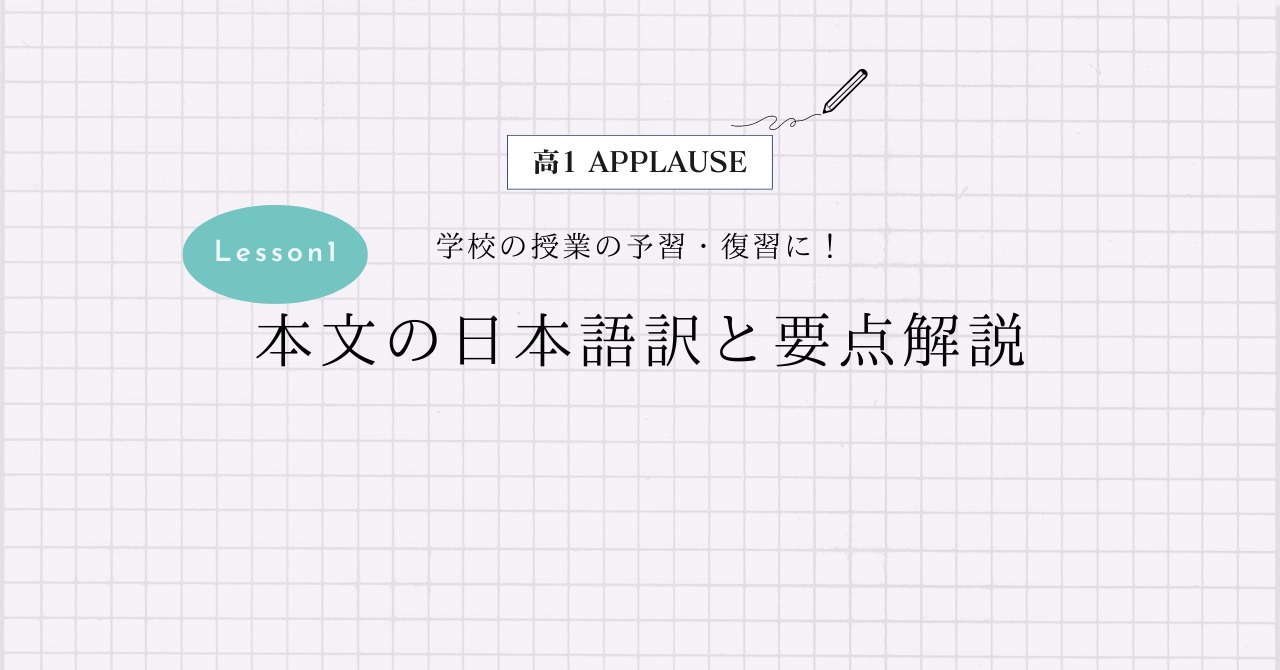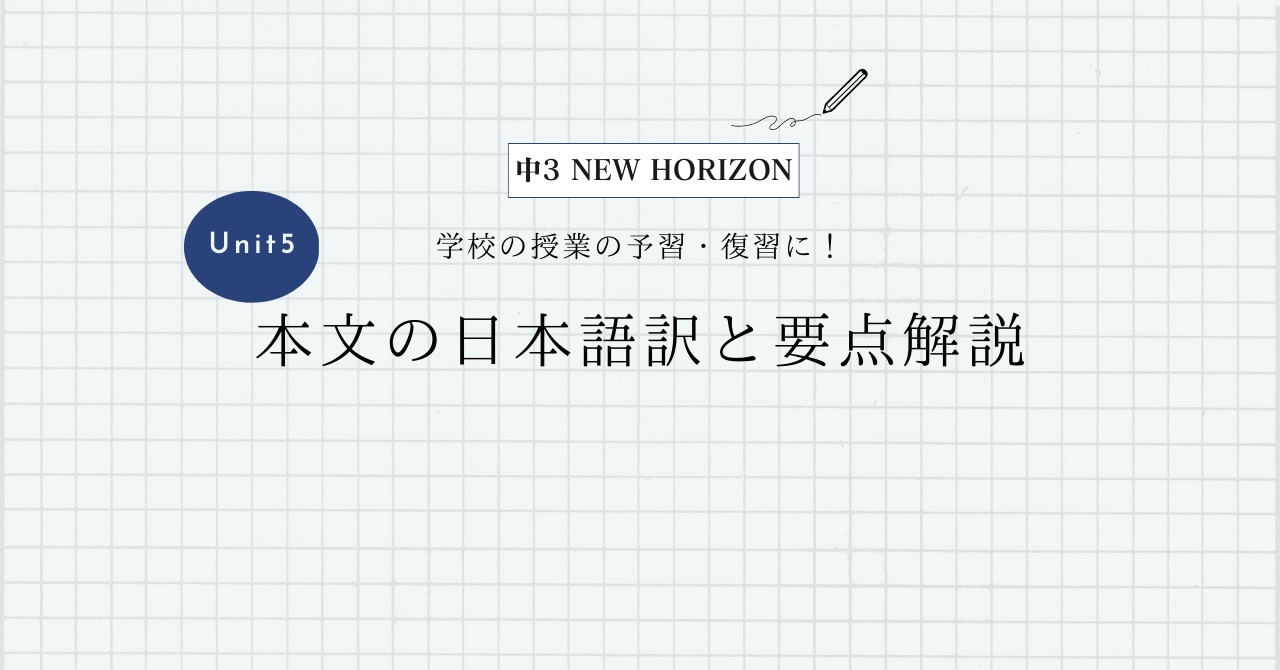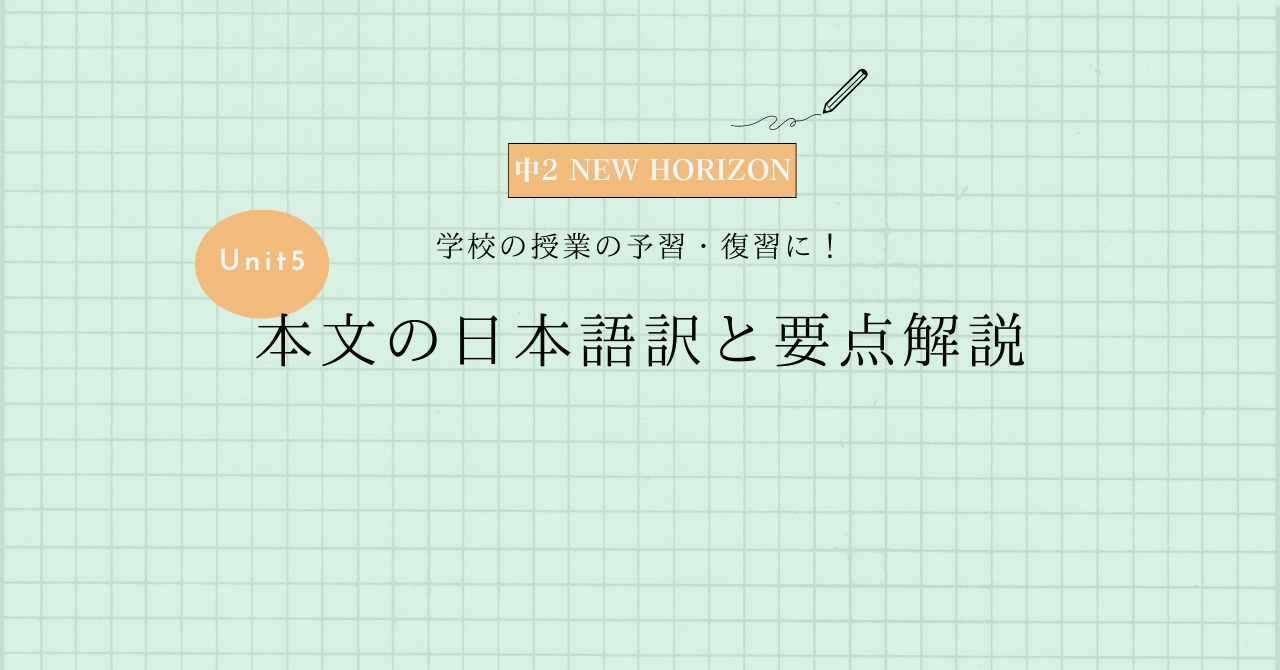開隆堂 高1APPLAUSE Lesson1 Section3の本文の日本語訳と重要箇所の解説です。
Lesson1-1, 1-2の解説はこちらからご覧ください。
>高1APPLAUSE Lesson1 Section1 本文和訳
>高1APPLAUSE Lesson1 Section2 本文和訳
- APPLAUSE Lesson1 Section3 本文と日本語訳
- APPLAUSE Lesson1 Section3 重要事項の解説
- Japan has four seasons, and we enjoy nature with the seasons.
- Sei-Shonagon wrote about the four seasons in Makura-no-Soshi, (The Pillow Book).
- “In spring, dawn is the best time, because it is breaking slowly and gradually.
- In summer, nights are good, because fireflies are flitting about.
- In fall, the sunset is good, because crows go back to their nests.
- And in winter, snowy early mornings are the best.”
- We find the change of the seasons very useful.
- But now, it is disappearing because the climate is changing.
- What do you think about that?
- APPLAUSE Lesson1 Section3 まとめ
APPLAUSE Lesson1 Section3 本文と日本語訳
Japan has four seasons, and we enjoy nature with the seasons.
「日本には四季があり,私たちは季節とともに自然を楽しみます。」
Sei-Shonagon wrote about the four seasons in Makura-no-Soshi, (The Pillow Book).
「清少納言は『枕草子』で四季について書きました。」
“In spring, dawn is the best time, because it is breaking slowly and gradually.
『春は,夜明けが最も良い時間だ。なぜならゆっくりと次第に明けていくからである。』
In summer, nights are good, because fireflies are flitting about.
『夏は夜が良い。なぜなら蛍が飛び回っているからだ。』
In fall, the sunset is good, because crows go back to their nests.
『秋は夕暮れが良い。なぜならカラスが巣に帰るからだ。』
And in winter, snowy early mornings are the best.”
『そして冬は,雪の積もった早朝が最も良い。』
We find the change of the seasons very useful.
「私たちは季節の変化がとても便利なものだと分かっています。」
But now, it is disappearing because the climate is changing.
「しかし今は,天候が変化しているためそれがなくなりつつあります。」
What do you think about that?
「それについてどう思いますか?」

APPLAUSE Lesson1 Section3 重要事項の解説
Japan has four seasons, and we enjoy nature with the seasons.
“Japan has four seasons”は“There are four seasons in Japan”とも書き換えられますね。
“nature”は「自然」という名詞になります。
“with”は前置詞で「~と一緒に」と訳すことが多いですが,必ずしも後ろに人が来るわけではありません。イメージとして「~とセットで」と覚えておきましょう。
訳し方としては「~を使って」「~で」など文脈に合わせて柔軟に変えてあげましょう。
Sei-Shonagon wrote about the four seasons in Makura-no-Soshi, (The Pillow Book).
“write about~”は「~について書く」ですね。
“Makura-no-Soshi“と“The Pillow Book“は「同格語」になります。“名詞,名詞”の並びは「同格語」の可能性が高いですよ!
“pillow”は「枕」という名詞になります。
“In spring, dawn is the best time, because it is breaking slowly and gradually.
ここから4文は『枕草子』に書かれている内容を英訳したものになりますね。
“dawn”は「夜明け,曙」という名詞です。また「最上級」も使われています。
「接続詞because」と「現在進行形」も使われていて,“break”は「明ける」という動詞,“slowly”は「ゆっくりと」,“gradually”は「次第に,徐々に」という副詞になります。
In summer, nights are good, because fireflies are flitting about.
“firefly”は「蛍」という名詞です。
“flit about”は「飛び回る」という意味で,「現在進行形」になっていますね。
In fall, the sunset is good, because crows go back to their nests.
“sunset”は「夕暮れ,日没」という名詞です。
“go back”は「戻る,帰る」という意味になります。
“crow”は「カラス」,“nest”は「巣」という名詞ですね。
And in winter, snowy early mornings are the best.”
この文でも「最上級」も使われています。
“snowy”は「雪の降る,雪の積もった」,“early”は「早い」という形容詞です。
We find the change of the seasons very useful.
“find O C”で「OがCだとわかる」といった意味合いになります。必ず覚えておきましょう!
“change”は名詞で「変化」,“useful”は形容詞で「役に立つ,便利な」です。
But now, it is disappearing because the climate is changing.
この文でも「接続詞because」と「現在進行形」も使われていますね。
“disappear”は「消える,なくなる」という動詞です。“climate”は「天候,気候」という名詞ですね。
What do you think about that?
“think about”は「について考える,思う」という表現になります。
“that”は直前の文全体を指していますね。
APPLAUSE Lesson1 Section3 まとめ
以上がAPPLAUSE Lesson1 Section3の日本語訳となります。
新しく出てきた基本語句を確実に覚えていきましょう!
>高1APPLAUSE Lesson1 Section1 本文和訳
>高1APPLAUSE Lesson1 Section2 本文和訳
何か分からない点や他に解説してほしい点があれば,お気軽にコメントしてください!





コメント